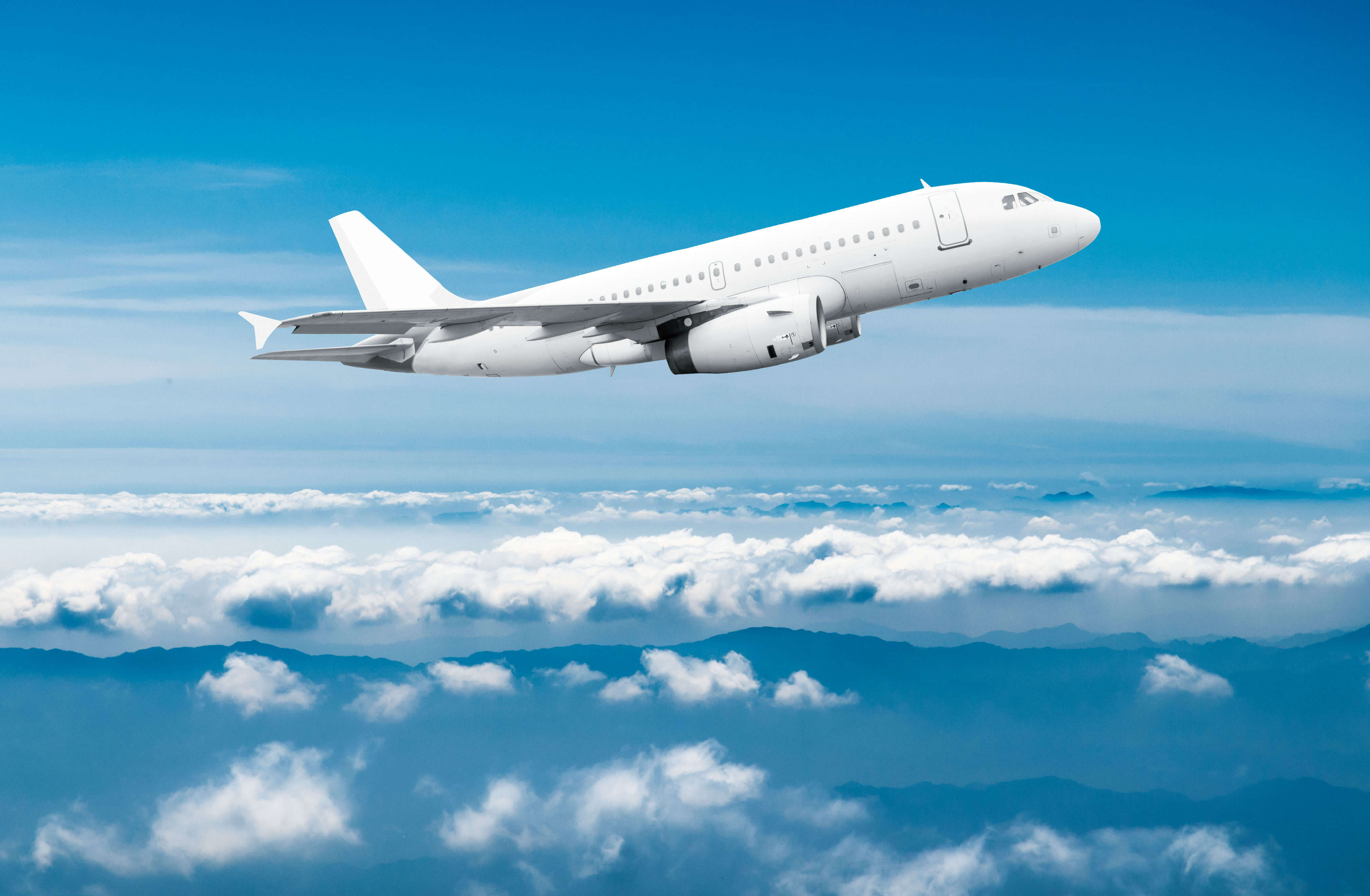What Does Ethics in the Aviation Profession Mean to You?
The Merriam-Webster’s Dictionary defines ethics as a noun meaning the discipline dealing with what is good and bad and with moral duty and obligation, or a set of moral principles governing an individual or a group (Merriam-Webster, 2022)
According to newspapers, ethics are critical in the aviation business since they govern the relationships between employees and passengers. Additionally, they outline the categories of individuals permitted on board to avoid confrontation once the plane takes off. Informing a coworker, particularly someone in a higher position than you, is usually challenging. Given that a manager may have a say in the personality of subordinate employees who have issues with the administration, it would be dangerous to report an incident involving him. There is a possibility that he will bring up a long-forgotten case in which you were involved solely to get you in trouble with the authorities.
Additionally, he or she may eventually decline to recommend you for a job, despite your pressing need to advance your career. Due to these limits, recording a case identical to the one stated in scenario one is challenging. However, there is a greater risk of failing to reveal the situation, which puts the passengers' lives in jeopardy. In an ideal environment, an airplane wing colliding with a tug would pose a substantial risk due to the possibility of injuring ground personnel. It will probably cause a catastrophic landing mishap, killing everyone on board, including the crew. That is why, even if the manager believes the accident should be kept secret, it would be nonsensical to remain silent about it.
Furthermore, the Civil Aviation Safety Authority urged that any threat to passenger safety be immediately reported for essential safety steps to be implemented. Safety issues involving the airplane wing are given special attention, as they are likely to affect both passengers and non-passengers. Thus, every effort should be taken to ensure that the plane's fault is corrected before any lives are lost. This is the ideal social, ethical norm, and the standard for the aviation sector. Without a certain, tattle on a colleague is a mistake because it may harm their sole source of revenue.
However, it is occasionally implausible due to the potential for far-reaching ramifications. This is frequently the rationale for the concept of necessary evil, in which individuals depart slightly from ideal ethical standards to maximize long-term profits.
References
Merriam-Webster (2022). Merriam-Webster Dictionary https://www.merriam-webster.com/dictionary/ethic
Eichenberger J. A (2020) Ethical Issues in the Aviation Industries

Comments
Post a Comment